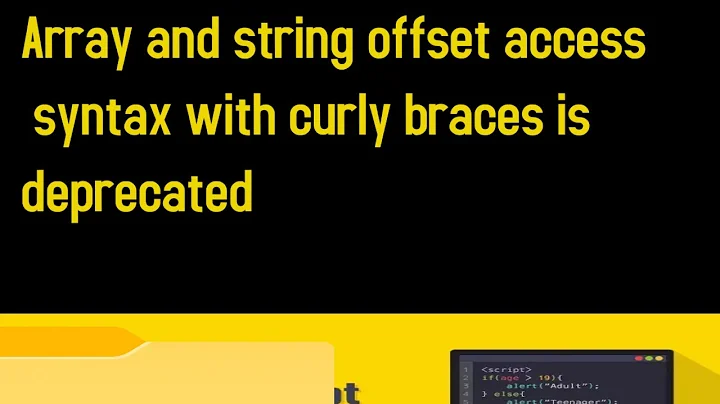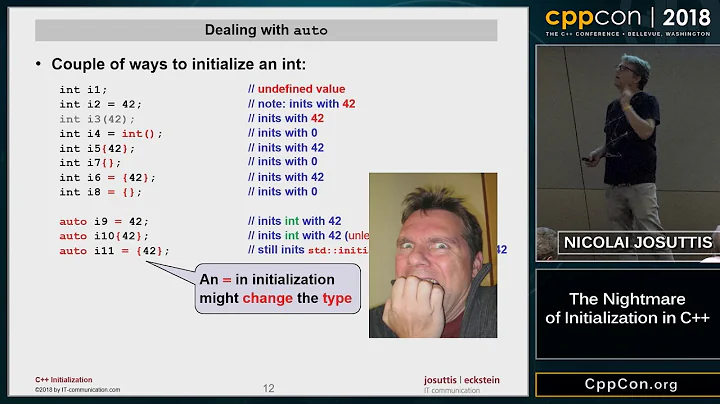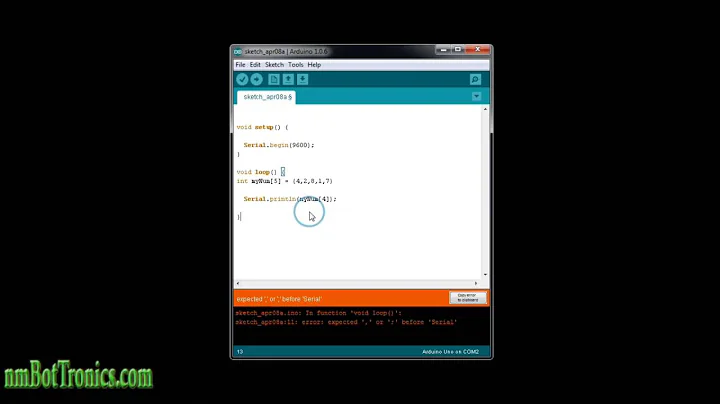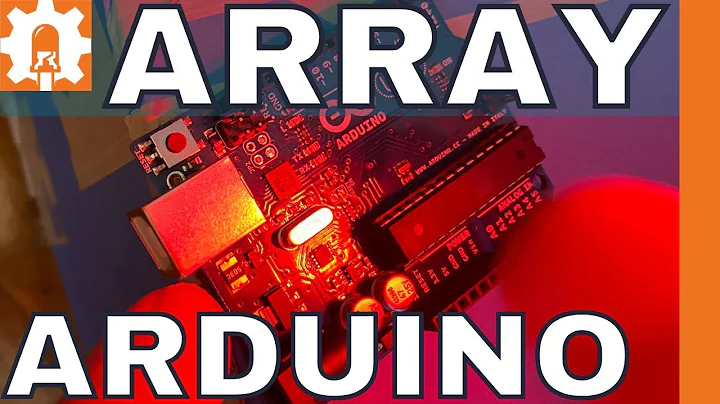Assigning data to array using curly brackets
Your Map * map; is a pointer, not an array. Curly braces are for aggregate initialization:
int x[3] = { 1, 2, 3 };
Pointers are not arrays, and you cannot fill memory with the aggregate initialization syntax.
Here is the closest construct that would work:
typedef struct Map_ { int a; int b; } Map; // some struct
Map m[] = { {1,2}, {3,4}, {5,6} }; /* we initialized "Map m[3]",
it has automatic storage! */
Note that each element of the brace-list must itself initialize the base type of the aggregate.
Related videos on Youtube
roger_rales
Updated on June 21, 2022Comments
-
roger_rales about 2 years
In the C language, why does the following expression fail?
map = malloc(sizeof(Map) * tiles); map = { 0,2,0,0,0,0,0,0,2,0, 0,1,0,0,0,0,0,0,1,0, 0,0,0,0,0,0,0,0,0,0, 0,0,0,0,0,0,0,0,0,0, 0,0,0,0,0,0,0,0,0,0, 0,0,0,0,0,0,0,0,0,0, 0,0,0,0,0,0,0,0,0,0, 0,0,0,0,0,0,0,0,0,0, 2,1,0,0,0,0,0,0,1,2, 0,0,0,0,0,0,0,0,0,0 };I just want to fill data in such a "row/column" format into a C array. However, the compiler fails with
error: expected expression before ‘{’ token(in the map = { line). Filling the array in other ways works fine, and I am sure the brackets work for initializations...I can't do that after I have allocated memory?
EDIT: I solved it by making a temporary char array and then feeding the data to the malloced map in a for loop. Still. I'd like to know why the above code would leak memory as pointed below. And would my fix (parsing the temp array and setting the map data with it) leak memory as well?
-
 Marlon almost 13 yearsNot only is it wrong, you are going to cause a memory leak.
Marlon almost 13 yearsNot only is it wrong, you are going to cause a memory leak. -
roger_rales almost 13 yearsCan you elaborate on that, Marlon? Knowing it causes one won't help unless I know why...
-
 Marlon almost 13 yearsEven though your code doesn't compile, it demonstrates how a real memory leak is caused. The address returned by
Marlon almost 13 yearsEven though your code doesn't compile, it demonstrates how a real memory leak is caused. The address returned bymallocmust befreed. Since you are are reassigning a different address tomap, you lose the address returned bymallocand thus you can no longerfreeit.
-
-
roger_rales almost 13 yearsAh I see. Makes sense actually. I have seen a few pieces of code assigning map/pixel data in a similar way, so I thought it was possible, although after double-checking, I realized it's as you say.
-
trusktr almost 11 years@Kerrek, Can you do something like
int x[] = {1,2,3,4,5,6}to make the array an arbitrary size when you assign the values (omitting the size between the square brackets)? -
trusktr almost 11 years@KerrekSB oh, sweet. If you do
int x[];would x just be an int pointer not pointing to anything?












